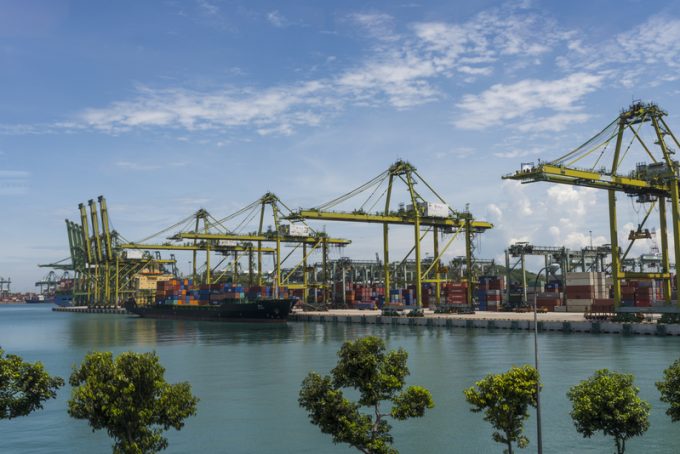Maersk dismisses fears over capacity constraints at key Gemini port
Maersk is confident that its key South-east Asia hub of Tanjung Pelepas (PTP) will handle ...

Singapore terminal operator PSA saw the benefits of partnering with major shipping lines at its flagship terminals in its home port last year: throughput grew 9% to reach 33.35m teu.
The result confirms Singapore’s place as the world’s second largest container port, after Shanghai, which was reported to have broken the 40m teu barrier last year.
As The Loadstar recently reported, at Port Klang, main terminal operator Westports saw 2017 throughput decline by 9%, largely as a result of the introduction of new ...
Volcanic disruption at Anchorage could hit transpacific airfreight operations
Macron calls for ‘suspension’ – CMA CGM's $20bn US investment in doubt
De minimis exemption on shipments from China to the US will end in May
Forwarders stay cool as US 'liberation day' tariffs threaten 'global trade war'
Looming Trump tariffs will create 'a bureaucratic monster' for Customs
Mixed response in US to 'Liberation Day', while China leads wave of retaliation
Tariffs and de minimis set air freight rates on a volatile course

Comment on this article